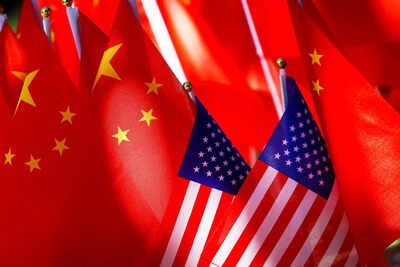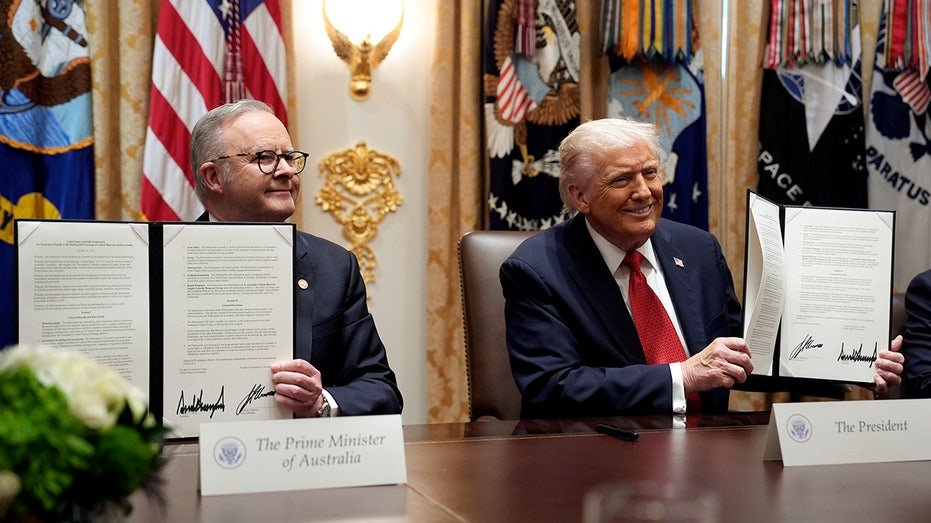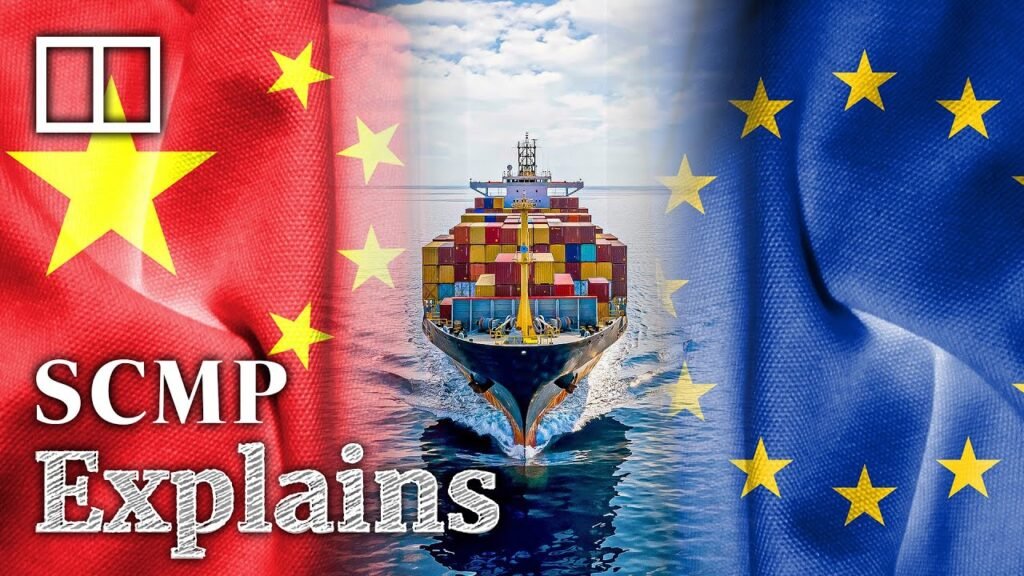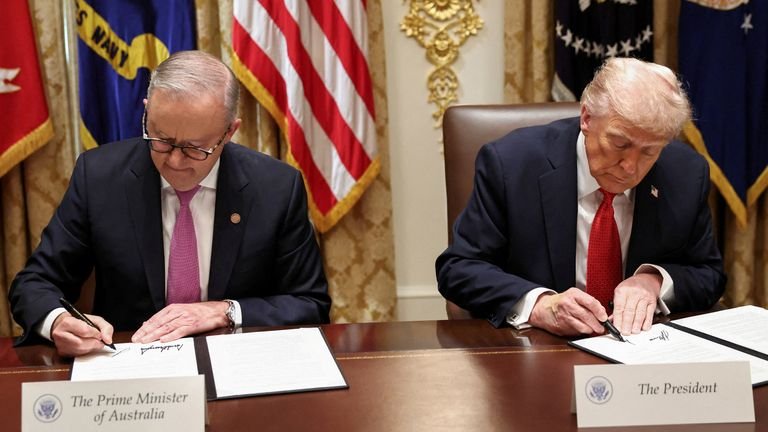
Employees at the Chinese operations of Netherlands-based Nexperia have reportedly been instructed to reject orders from Dutch headquarters, deepening a corporate standoff amid geopolitical tensions over semiconductor supply chains. Citing an internal memo made public, Financial Times reported that Nexperia’s China unit has directed local staff to operate independently and reject instructions from the company’s Dutch headquarters.The memo from Nexperia China told employees to follow only the domestic management team’s directives, stating the Chinese operations would “operate and make decisions independently as a Chinese enterprise.”“For any other external instructions . . . even if delivered via Outlook or Teams . . . everyone has the right to refuse execution,” the notice stated, advising employees to contact human resources if they received communications from “external parties” or experienced “outside pressure.”The directive signals a potential separation of the Chinese-owned, Netherlands-based semiconductor manufacturer following the Dutch government’s seizure of management control earlier this month.
Nexperia’s Dutch HQ and Chinese unit compete over control
The Chinese unit said it issued the memo to clarify what it called a “confusing” email sent from Dutch headquarters the previous day. Management assured staff that operations were “completely normal” and wages would continue to be paid.Nexperia’s Netherlands headquarters swiftly condemned the memo, accusing it of “falsely claiming that Nexperia and the Dutch government have abandoned the Chinese market and that the factory is now operating independently under a new entity.”“We regret that certain individuals . . . see the need to spread these falsehoods, and remain hopeful to come to a solution that allows Nexperia to continue serving its customers and partners, and one that brings stability for its employees,” the Dutch-based company said.One Nexperia employee in China, speaking anonymously, described the situation bluntly: “We are in great internal disorder right now and the situation is very unclear.”A report also claimed that the corporate turmoil stemmed from mounting pressure between Washington, The Hague, and Beijing over semiconductor technology and supply chains.







